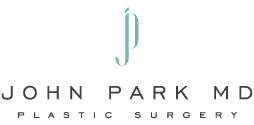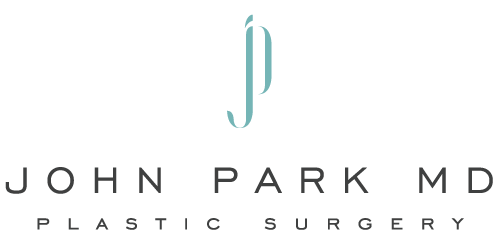
03 Jan Your Support System: Taking Time Off Work To Recover From Plastic Surgery
An Often Overlooked Part Of Surgery
Every year, thousands of women and men opt for plastic surgery. These cosmetic procedures can be as simple as correcting smile lines to breast augmentation. Plastic surgery is a tough decision, but the results can be spectacular. One of the challenging parts of the process is navigating the logistics for time off from work. Surgeries need recovery time, and patients need time off work and a strong family and professional support system.
How much time would you need?
Time off work would depend on the type of work, work hours, and type of surgery. For example, minor procedures may need 1 week of post-operative recovery time. Others like facelifts may require 2 or more weeks to heal. If the patient can work remotely or is not customer-facing, there could be a compromise. The most important thing is to give everyone enough warning to prepare for an extended absence.
It’s time to tell your boss
Before scheduling surgery, patients need to first arrange time off with a boss. Sick leave may cover cases of corrective surgery, like rhinoplasty after an accident. However, most elective cosmetic surgeries do not meet sick leave policy requirements. If there is no vacation time available, check the company’s sick leave and unpaid leave policies. At this point, leave will come down to trust between employee and employer. There should be no need to disclose the exact details of the surgery. However, if the relationship is strong, disclosing some details may help get the leave approved faster.
Your in-work support system
How is the relationship with co-workers? Are all trustworthy and supportive? Again, like the rapport with a boss, this will come down to the culture and connection with teammates. Some co-workers will be very supportive and will understand the need to take time off work. These allies will cover the patient’s tasks during the recovery period. Others may not be as open to the idea. Be selective if needed, as work should be a safe space before and after surgery.
Family matters
While each patient makes a personal decision, emotional support from others is crucial during this time. Find people who can help you stay encouraged during the first stages of recovery. Look for trustworthy family members to confide in and get support during recovery. These family members can help with house chores, shopping, and even filling prescriptions. Based on the type of plastic surgery, only a few days of help will be necessary.
Take extra time as needed
Patients are usually ready to resume work after 1-2 weeks. However, post-operative symptoms may linger. For example, the pain and minor swelling can take several weeks to subside. Make sure to factor this in with both time off and resuming work. A few extra days or reduced hours the first week back from work can make all the difference.
Your recovery team
Recovery goes beyond a patient and surgeon rapport. The patient will need support from the other avenues of life, including family and friends. Make sure to request time off in advance and be as open as possible without giving too many details. Estimate about 1-2 weeks for leave and have both colleagues and close family members help with tasks as needed.



